Entry Category: Criminal Activities - Starting with F
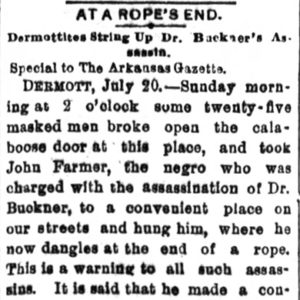 John Farmer Lynching Article
John Farmer Lynching Article
Farmer, John (Lynching of)
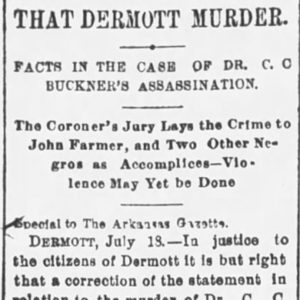 John Farmer Lynching Article
John Farmer Lynching Article
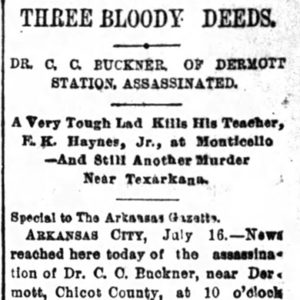 John Farmer Lynching Article
John Farmer Lynching Article
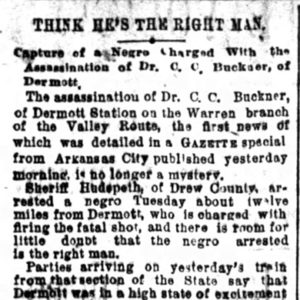 John Farmer Lynching Article
John Farmer Lynching Article
Feuds
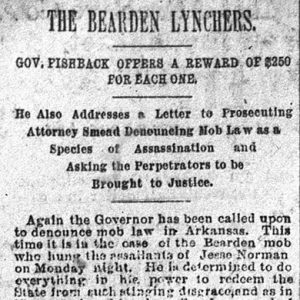 Fishback Lynchings Letter
Fishback Lynchings Letter
Fleming, Sam (Lynching of)
Flemming, Owen (Lynching of)
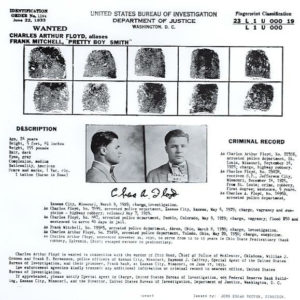 Floyd Wanted Poster
Floyd Wanted Poster
Flynn-Doran War
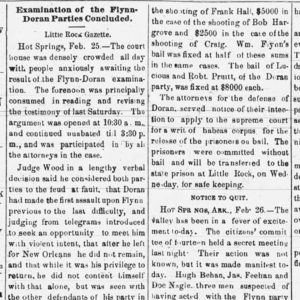 Flynn-Doran War Story
Flynn-Doran War Story
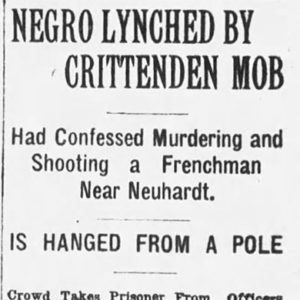 Warren Fox Lynching Article
Warren Fox Lynching Article
Fox, Warren (Lynching of)
Franklin, Connie (Alleged Murder of)
Franklin, Monroe (Lynching of)
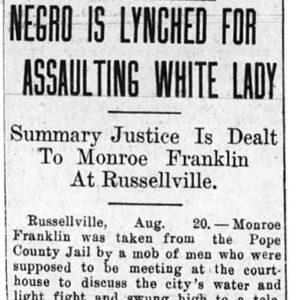 Monroe Franklin Lynching Article
Monroe Franklin Lynching Article
Frederick, Bart (Lynchings Related to the Murder of)
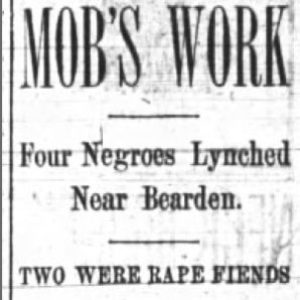 Frederick Lynching Article
Frederick Lynching Article
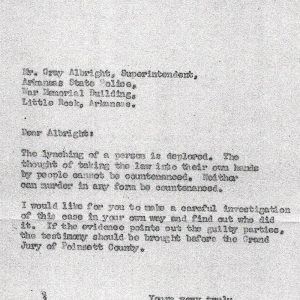 Futrell Letter
Futrell Letter




